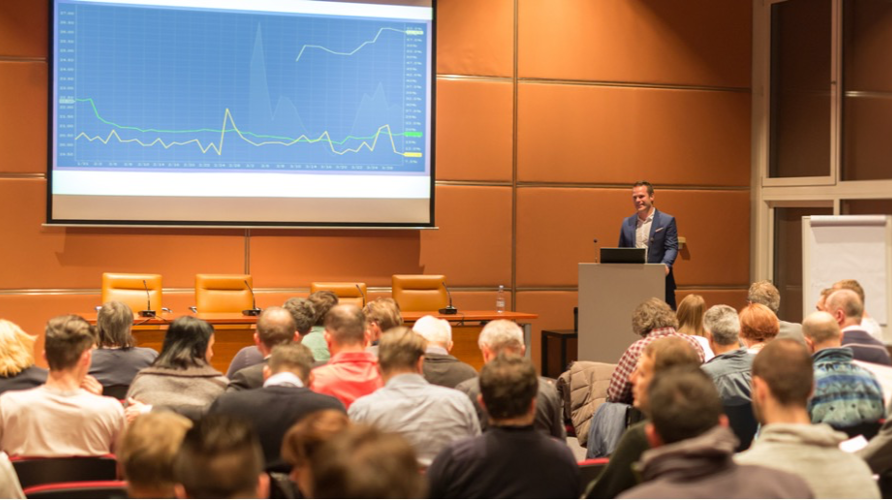Mastering the Art of Executive Communication: How to Speak the Language of C-Level Decision Makers
Picture this: You’ve got a brilliant idea—backed by research, data, and trends. You’re excited to share it with Diane, the…

Picture this: You’ve got a brilliant idea—backed by research, data, and trends. You’re excited to share it with Diane, the…

If you are a manager or supervisor of people, communication is the foundation of what you do. Unfortunately,…

Tip #1: Make them care Whether it’s an internal presentation, a meeting with potential buyers, a sales pitch,…

Effective communication isn’t just a leadership skill—it’s a critical success factor. Often, when the stakes are high and…

‘Technical’ can have different meanings depending on the context. Every organization develops its own specialized jargon, which becomes…

The short answer? Yes—one is better than the other. But the key lies in knowing when and why.…

Conferences can be transformative experiences—places where new partnerships are forged, ideas take flight, and energy is reinvigorated. Yet,…

In the vast landscape of communication, the ability to paraphrase stands out as a valuable skill that often…

A fireside chat in business is an informal yet structured conversation between a moderator and a guest speaker…

A handshake is one of the first things a client or colleague notices about you, shaping their perception…